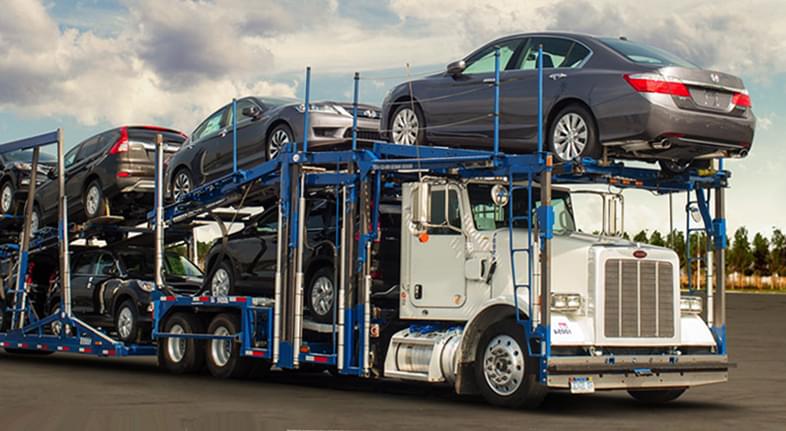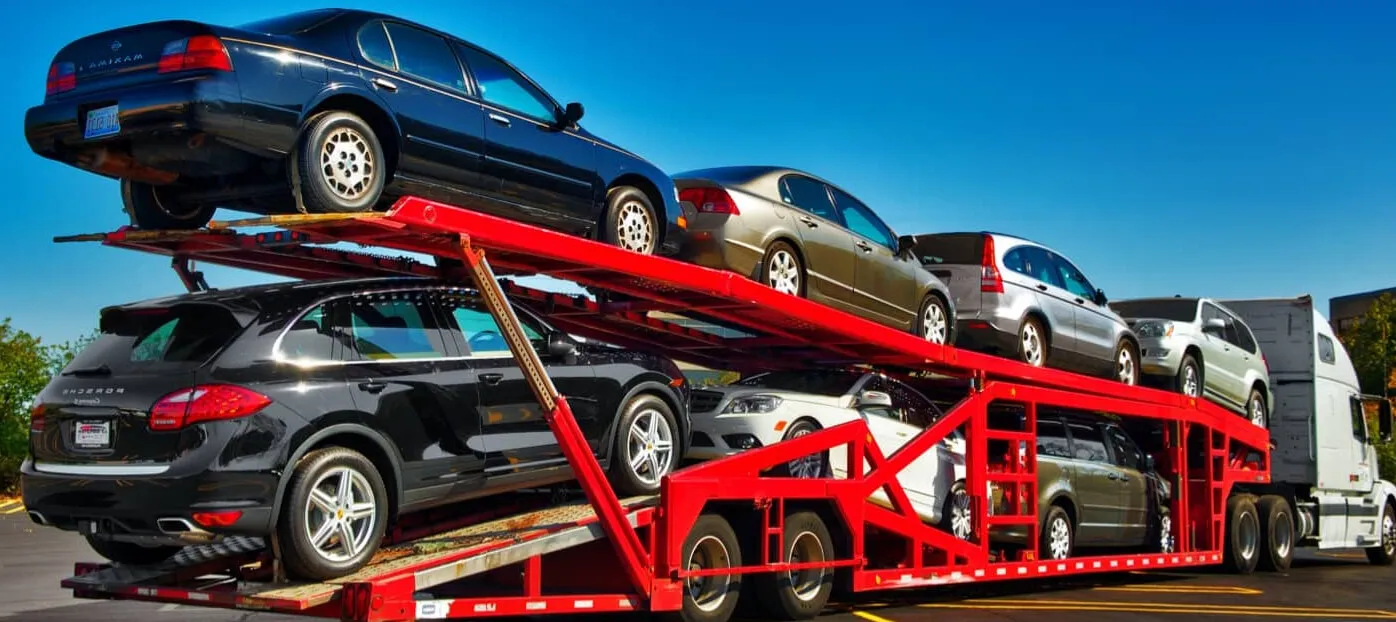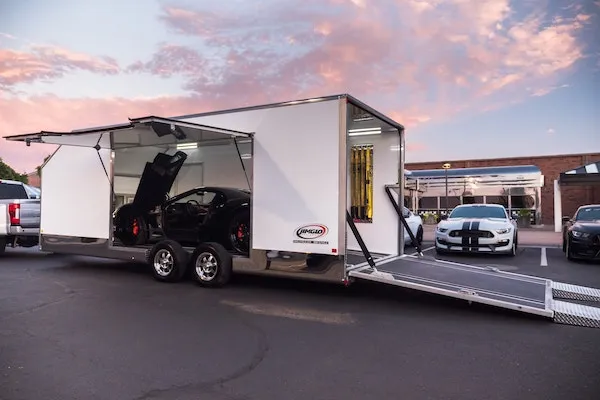Car shipping is a crucial component of the automotive sector since they enable companies to transfer vehicles all over the nation and even the globe. Whether it’s for dealership transfers, fleet management, or personal car travel, prompt delivery is crucial. However, despite the finest preparation and execution, delays in auto shipments sometimes occur, generating frustration and additional costs.
Auto shipments may be delayed for several reasons, including inclement weather, mechanical problems, and others. Understanding these possible problems and learning how to reduce them is crucial for anyone wishing to transfer a vehicle, whether they are a business owner or an individual. In this blog post, we’ll examine the top 5 causes of auto shipment delays giving you a thorough understanding of the variables that can affect timely delivery. So, continue reading this post!
Five Critical Rationales That Lead To Auto Shipments Delays
· Weather Conditions
Weather conditions can have a significant impact on the transportation of vehicles, leading to delays in auto shipments. Severe weather can make transportation complicated and risky, making it impossible for carriers to deliver automobiles safely and on time. Examples of such weather conditions include heavy rain, snow, ice, and hurricanes.
For instance, in the event of a winter storm, carriers would be forced to slow down or take longer detours to avoid potentially dangerous road conditions, which would prolong delivery timeframes. Similarly, carriers may need to change their routes or cease operations during storms or other extreme weather conditions, which will cause the delivery to be significantly delayed.
· Mechanical Difficulties
Significant delays in auto shipments might also result from mechanical problems with the transport vehicles. These difficulties can include mechanical faults such as flat tires, engine issues, transmission issues, and others. When a car breaks down while driving, it can need to be towed, fixed, or replaced, adding time and money to the process.
· Carrier Availability
Another frequent factor in auto shipment delays is carrier availability. Carriers might not be able to pick up or deliver the vehicle on schedule if they’re already fully booked or have limited availability, which would cause delays. When there is a large demand for auto-shipments during peak seasons, this can occur because carriers may be overbooked or overworked.
· Incorrect Shipment Information
Shipment bottlenecks can also be caused by incorrect delivery information, such as erroneous addresses or contact details. The cargo will be delayed until the right information is given if the carrier cannot find the customer or the delivery address. Similar to this, incomplete or inaccurate information regarding the vehicle, such as its size or brand and model, may cause delays in shipping.
· Border and Customs Control Problems
Customs and border control concerns can lead to severe delays for international auto exports. Delays in inspections, delays in customs clearance, and other regulatory challenges that call for more paperwork or documentation are a few examples of these problems. Delivery timeframes may be delayed as a result of delays in these processes.
Conclusion
For both companies and individuals, delays in auto shipments may be a major source of irritation and annoyance. But, by being aware of the top 5 causes of auto shipment delays, you may take proactive steps to reduce the risks and guarantee the prompt arrival of your vehicles.
We’ve talked about how factors like bad weather, carrier availability, mechanical problems, inaccurate shipping information, and difficulties with customs and border controls can all cause delays in auto shipments. You can minimize delays and guarantee that your vehicles arrive on schedule and in good condition by identifying potential hazards and dealing with the best auto transport company carriers who can tackle these difficulties.







